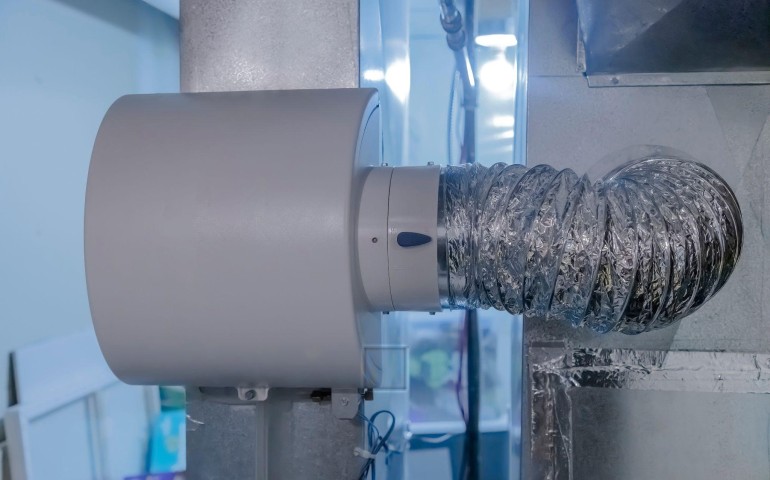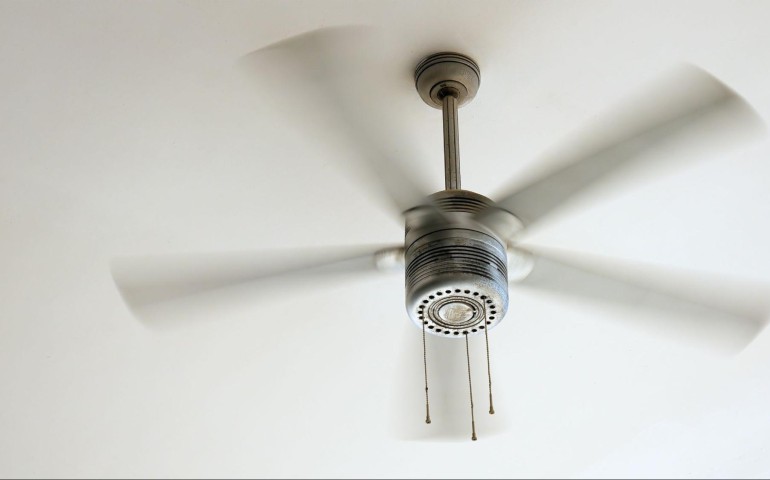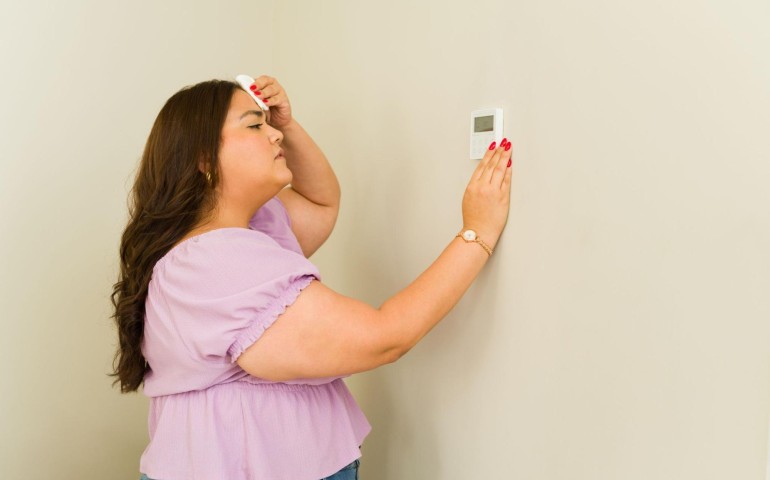How to Get Your AC Unit Ready for Summer
It is important that your AC unit is ready for summer. You should get regular maintenance done on your air conditioner before summer approaches. It will prevent you from making costly mistakes. At the same time, your system will function with efficiency all throughout the season.
You can do certain cleaning and maintenance tasks to avoid extra professional charges. Here are a few things you can do at home to maintain your AC’s efficiency:
Remove Condenser Covers, Coil Blankets or Lids
A central air-conditioning system has a condenser unit located outdoors. It also has an evaporator unit mounted on the furnace. Starting the system with the covers in place, even for a short time, could damage your system. Remove any cover before running the system.
Remove Debris from Outdoor Coils
The system coils are there to transfer heat. Dirty outdoor coils can cause your AC to overheat and trip your breaker. Small obstructions like dirt can reduce your system’s efficiency. Use a garden hose to wash off dust, pollen, and debris in the coils. Use a refrigerator coil brush to clean the coils from the outside of the unit. Be careful not to bend the delicate fins or damage the coils.
Replace or Repair Damaged Pipe Insulations
The refrigerant tubes or pipes that run from the evaporator on the air handler to the condenser. These are usually covered with foam insulation to prevent them from losing energy. Damaged insulation in the suction line can obstruct your system. The insulation should be in place to maintain proper system cooling. Replace frayed or missing insulation.
Change or Clean Air Filters
Clean or replace your furnace or filters twice a year or whenever they begin to look clogged with dust. Dirty air filters can cause the AC’s blower to not run right and ends up working harder to cool your home. It increases energy bills and stresses your AC’s internal parts. This causes them to break down sooner.
Know the size and model number of your current filter if you're going to replace it. Filters have a “MERV” rating. A higher MERV rating is efficient at trapping airborne particles.
Inspect the Condensate Drain
Condensed water needs to flow to a drain. Clogged drains can cause water to overflow in your home. The drain is usually located on the indoor air handler. Make sure the line has avoided bumps or breaks over the winter months. Anything that obstructs the flow of air will cut down the condenser’s efficiency.
Clean the Vents
Make sure that all supply and return air grills and vents are open and free of debris. Closed vents increase the pressure in your AC system’s ductwork. This makes the air conditioner work harder and ends up increasing duct leaks. Any time the air conditioner is working harder, you’re placing more stress on it which can cause parts to break.
Ensure all the air vents in your home are not blocked by furniture or drapery. Use a vacuum to remove any pet hair or dust accumulated during the previous season. These can restrict proper air flow to and from your air handler.
Check if the System Works
Check your AC unit if it produces cool air. If the air coming out of the registers is not cool, then something is wrong. Turn off the system because leaving it on when it’s not running right can do a lot of damage.
Get a Professional’s Help
Get your AC unit cleaned and tuned up. Without maintenance, your air conditioner will work harder all summer. This makes it more likely to break down. A qualified technician can help you do a more thorough technical inspection. You want to avoid a system failure in the hottest months of the year. You can contact us for your AC maintenance. We will help you with any technical problems your AC might be encountering.





